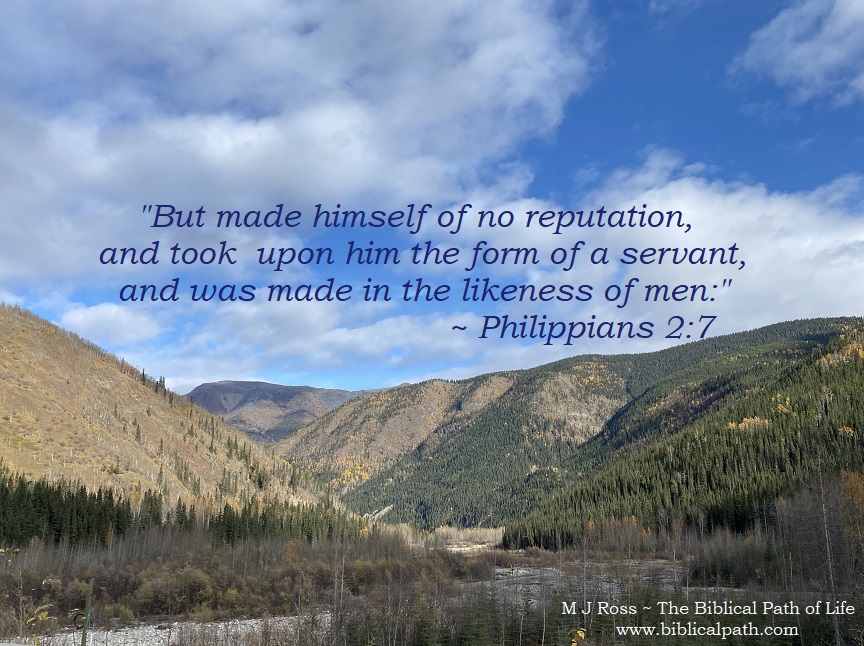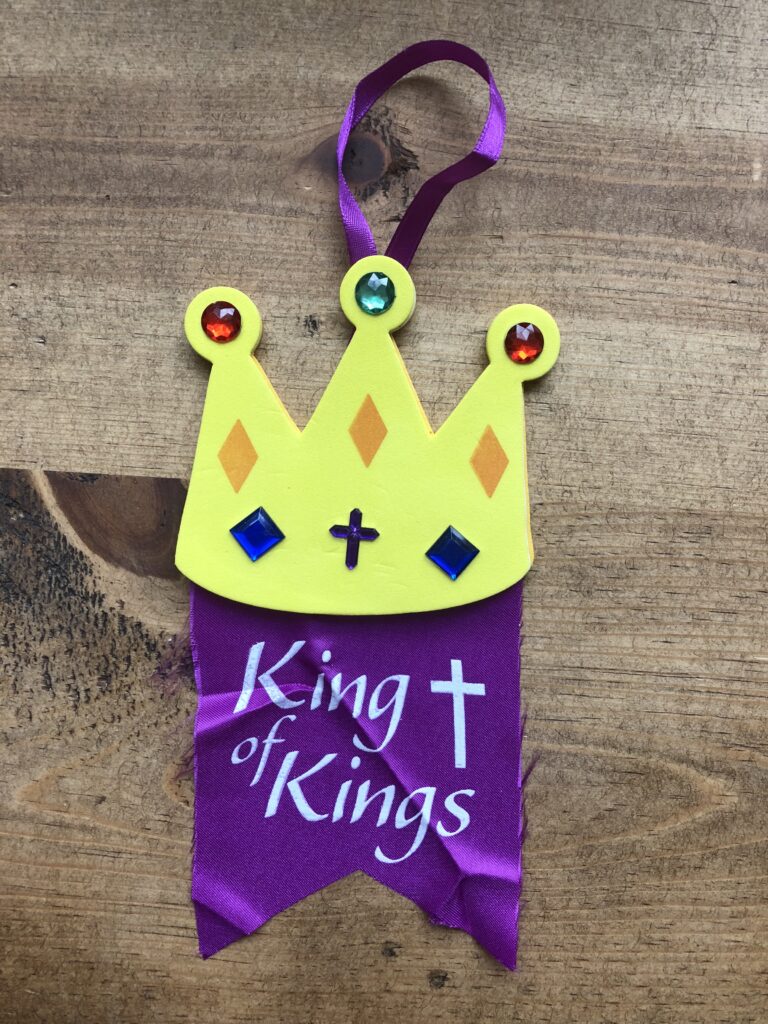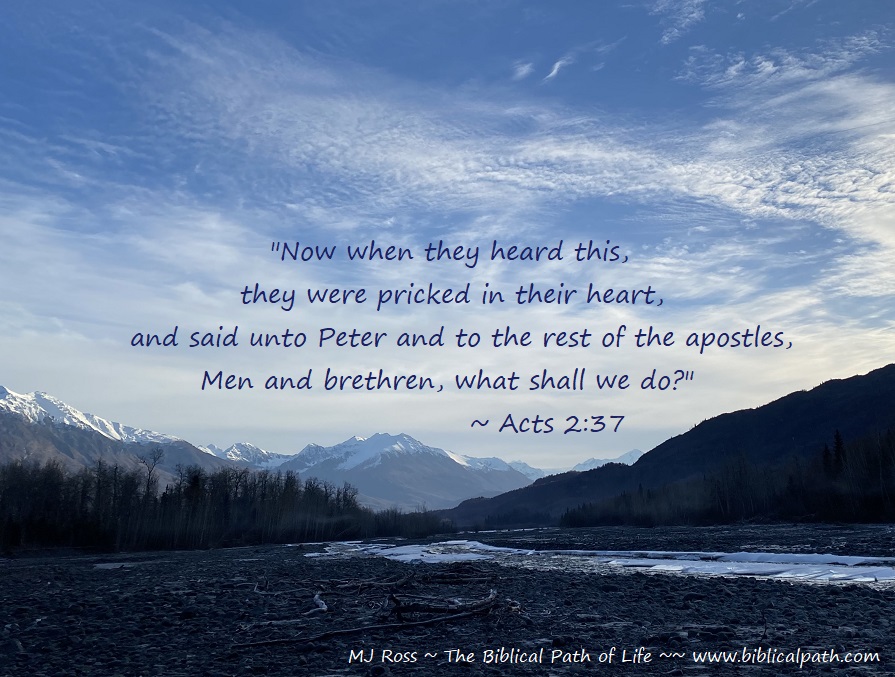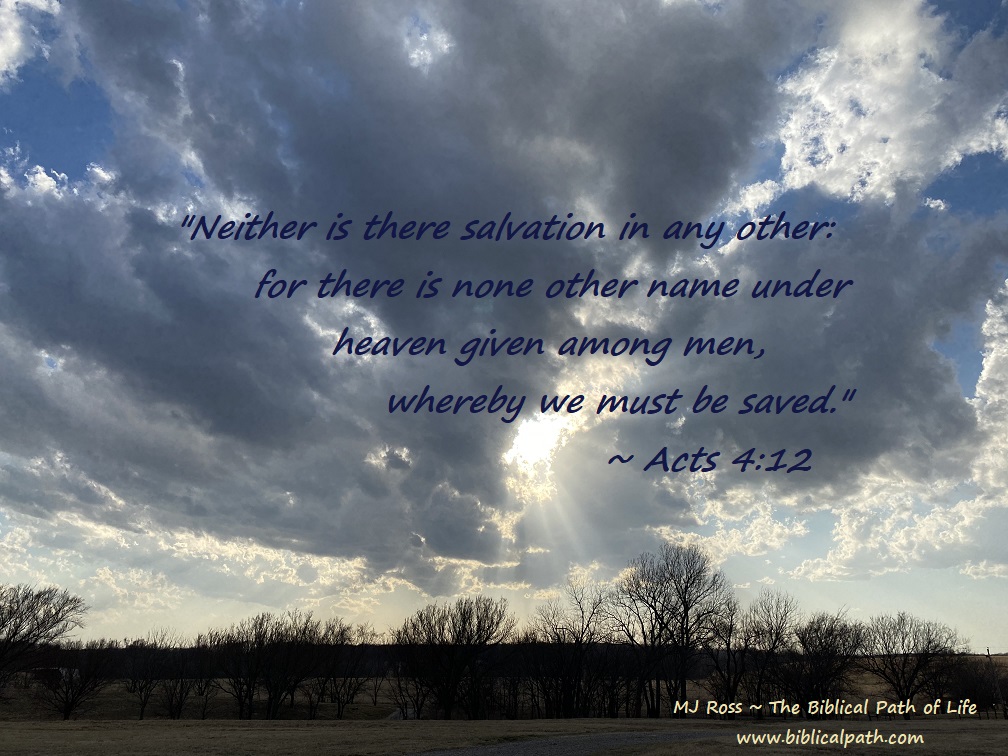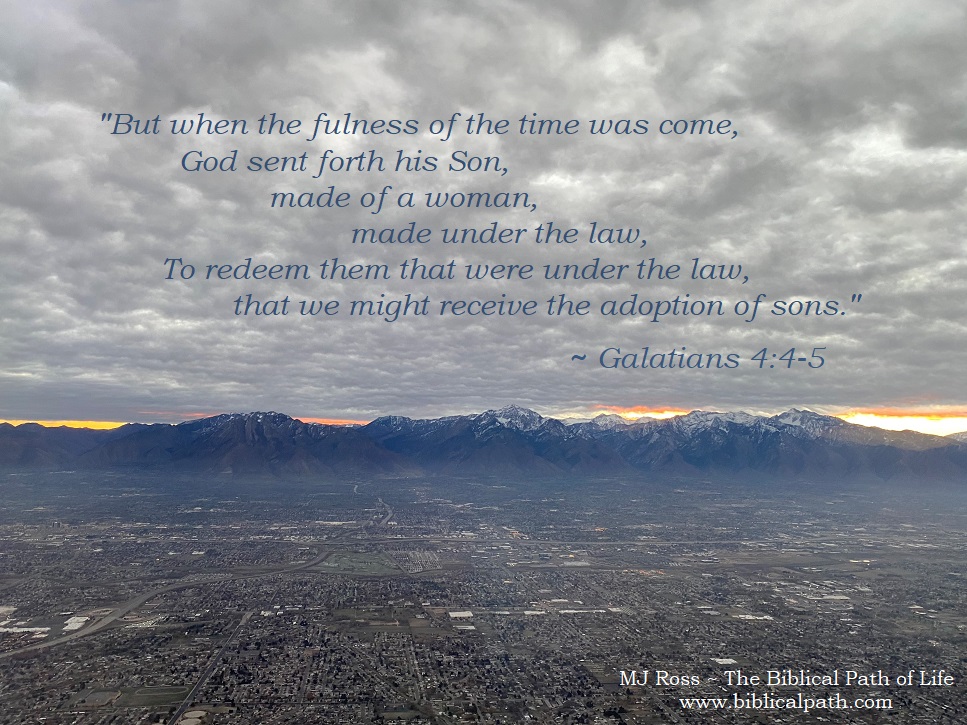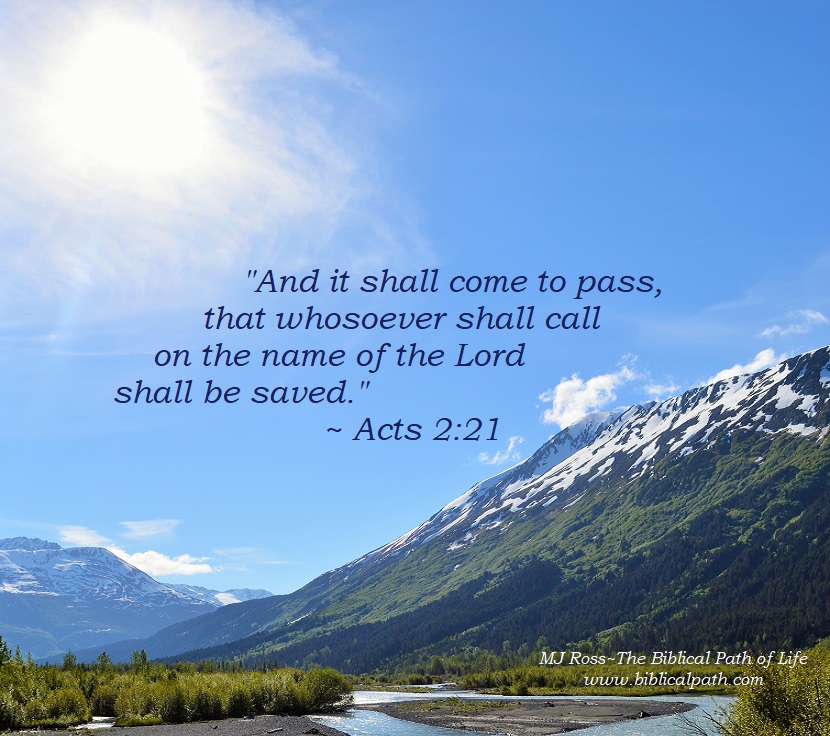
Key Verse
But ye shall receive power, after that the Holy Ghost is come upon you: and ye shall be witnesses unto me both in Jerusalem, and in all Judaea, and in Samaria, and unto the uttermost part of the earth.
—Acts 1:8
Key Verse Thought: Read today’s key verse. Use the following definitions to help you better understand this verse:
- power means “the great power of God, meaning His almighty energy; of prophets and apostles as empowered by the Holy Spirit.”
- witnesses means “one who has information or knowledge of something, and can give information, bring to light, or confirm something.”
Recognize that the words in this verse are words that were spoken by Jesus. Jesus planned to give his followers “power” to be the witnesses the world needed – so that the world could know Jesus.
Emphasis: We are to understand that each person who has Jesus in their heart has God’s Spirit who will enable them to be witnesses for Jesus. Just as the disciples started in Jerusalem (for that is where they were), we are to tell people in our hometown – beginning in our neighborhoods. We are to learn about Jesus and have Christian friends that can encourage us.
Lesson Summary: We ended our study of Jesus’ life with His final words to His eleven disciples in Matthew 28:19-20. We also took a glimpse of Jesus’ plan for the furtherance of the Gospel message that is recorded in Acts 1:6-8 before He ascended into heaven. In this lesson, we will learn more about these verses as we begin our study of the book of Acts.
Acts is the only book of History in the New Testament, and Luke, the physician who also wrote the Gospel of Luke, recorded it. In this lesson, we will learn that Jesus kept His promise of sending the Holy Spirit, which gave His followers power to be witnesses – beginning in Jerusalem. With that power, the people in Jerusalem were able to hear the gospel shared by Jesus’ followers in their own language – for there were people from many nations in Jerusalem.
Peter preached Jesus to the Jews in Jerusalem – many of which had witnessed the crucifixion of Jesus. He declared that Jesus had died, was buried, and raised again – conquering death once and for all. After hearing this, the people were brought to a time of decision. Those people were given the choice to believe or reject, and three thousand of them believed. One of the most important things these new Believers did was that “they continued stedfastly in the apostles’ doctrine and fellowship, and in breaking of bread, and in prayers” (Acts 2:42).
Y3Q2 – Lesson 1 Questions
Y3Q2 – Lesson 1 Children’s Worksheets
If you are teaching this to children, here is an idea for a children’s craft to reinforce this lesson:
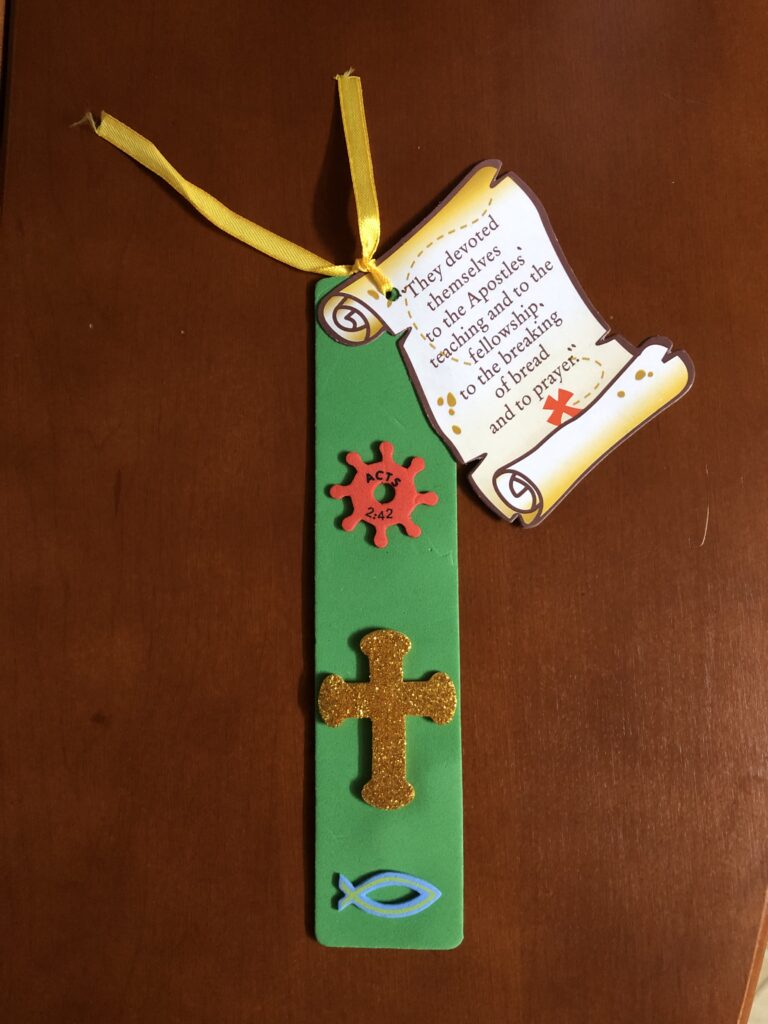
We made a Bible marker with stickers and the verse Acts 2:42.
The Biblical Path of Life – Year Three, Quarter Two is available through Amazon.


